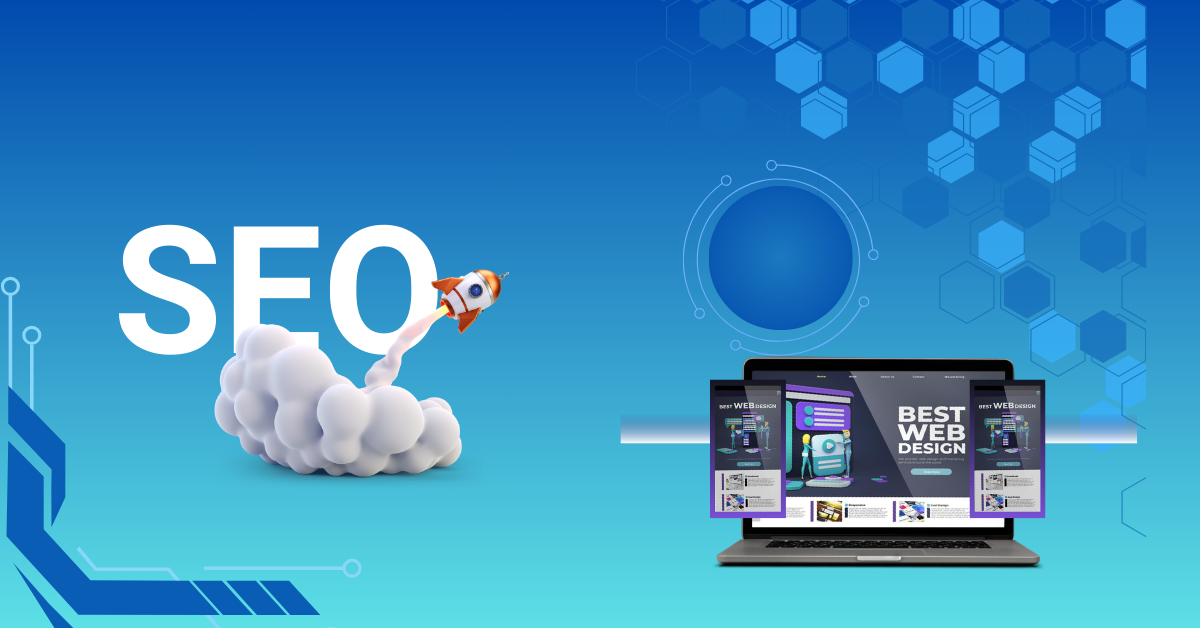In the digital aspect, visibility is everything, whether you are running an online business, blogs, e-commerce store, ensuring your website optimizes in search engine results is important. That’s where on-page SEO comes into play, and what is on-page SEO?
In this ultimate guide, we will explore everything about on-page SEO optimisation, from basics to an advanced approach. In this, we will also explore on-page SEO services, tools like on-page SEO, and an on-page SEO checklist to get your website ranking better than ever.
What is On-Page SEO?
On-page SEO is defined as optimizing your web pages to improve their ranking on search engines like Google. This includes content and source code HTML optimization.
As compared with off-page SEO (which focuses on backlinks & external signals), on-page SEO is under your control. It includes optimizing content, meta tags, internal links, and other on-page SEO factors that affect search engine visibility.

On-Page SEO Key Factors
To determine the search engine rankings, you must know the most critical on-page SEO factors:
1. Title Tags
Your title page should be smooth & clear, fascinating, and include the primary keyword. This improves the search engines’ understanding of the content and boosts click-through rates.
2. Meta Descriptions
Meta description is providing a summary of the page. However, not a direct ranking factor, a well-written meta description improves user interest.
3. Header Tags (H1, H2, H3)
Use header tags to arrange your content and make it easier to read. The H1 tag should include your main keyword, while subheadings include the structure of the article.
4. URL Structure
Always keep your URLs short, keyword-rich, and descriptive.
5. Keyword Optimization
Targeting keywords are used naturally all over the content. Avoid keyword stuffing and focus on relevant keywords.
6. Internal Linking
This helps user navigation through links to other pages on your website and to pass links fairly.
7. Image Optimisation
Use relevant images with detailed file names and alt text. This helps with availability and image search rankings.
8. Mobile-Friendliness
Ensure your site is responsive. Google uses mobile-first indexing, so mobile optimization is pivotal.
9. Page Speed
Fast-loading pages provide a better user experience and are favored by search engines.
10. Content Quality
Your content should be original, informative, and offer real value to users. Google’s algorithms are designed to prioritize helpful content.

On-Page SEO Checklist
Here’s a powerful on-page SEO checklist to follow for every page:
- Primary keyword in the title tag
- Primary keyword in the meta description
- The keyword in the first 100 words of the content
- Use of header tags (H1, H2, H3)
- Optimised images with alt text
- Short and clean URL containing the keyword
- Internal and external links
- Mobile-responsive design
- Fast page loading speed
- Schema markup implementation
- Canonical tags to avoid duplicate content
- Secure website with HTTPS
On-Page SEO Services
While many aspects of on-page SEO can be done in-house, hiring professional on-page SEO services can save time and boost performance. An on-page SEO expert will follow:
- Conduct full keyword research
- Analyze competitors
- Identify content gaps
- Fix technical issues
- Optimize metadata and content structure
- Implement schema markup
- Provide ongoing observation and improvement
Whether you are running a large business or a personal blog, an on-page SEO expert can improve your SEO scheme.
On-Page SEO Check
An SEO on-page checker or on-page SEO checker becomes invaluable. Here are some tools available to analyze your web pages and highlight areas for improvement.
1. Ahrefs Site Audit
Offering a detailed look at technical and on-page SEO issues.
2. SEMrush On Page SEO Checker
Provide information for boosting the pages based on competitor data and top-ranked content.
3. Yoast SEO (WordPress)
Analyze real-time content and give suggestions for readability, keyword use, and metadata.
4. Screaming Frog
A desktop website that crawls your website and examines your on-page SEO components like: title tags, descriptions, and headers.
5. Google Search Console
Provides data on how your pages perform in search and flags issues like matching content or mobile usability problems.
On-Page SEO Optimisation Strategies
Effective on-page SEO optimisation includes the combination of technical SEO and content strategy. Here are the following level-up points:
1. Refresh Old Content
Updated old content by adding new internal links to keep pages relevant and refreshed.
2. Use LSI Keywords
Latent Semantic Indexing keywords help search engines understand the context. For example, for on-page SEO, LSI keywords may include meta tags, internal linking, and keyword density.
3. Optimise for present scrap
Structure content with bullet points, numbered lists, and short answers to increase the chance of visibility in the present scrap.
4. Implement Structured Data
Schema markup helps search engines better understand your content and can enhance your listings with better snippets.
5. Improve User Experience
Affairance signals like time on page, bounce rate, and user interaction affect rankings. Make sure your website is intuitive, fast, and easy to navigate.
Why On-Page SEO Is Essential for Success
If your site is not optimized, it won’t rank, no matter how great your content is. Here’s why on-page SEO matters:
- Better Rankings: Proper optimization helps search engines understand and rank your pages.
- Improved User Experience: A fast, easy-to-navigate site keeps users engaged.
- Higher Conversion Rates: Optimized pages are more effective and trustworthy.
- Reduced Bounce Rate: Relevant content and a logical structure keep users on your site longer.
Investing in on-page SEO services or learning how to optimize your pages pays off in both the short and long term.
Hiring an On-Page SEO Expert
If you are hiring an on-page SEO expert, here are a few qualities to look for:
- Proven track record with case studies or testimonials
- Knowledge of technical and content SEO
- Familiarity with tools like Ahrefs, SEMrush, and Screaming Frog
- Ability to create and follow a custom SEO strategy
- Clear communication and reporting
Working with an expert ensures you avoid costly mistakes and take full advantage of your site’s potential.
Q: How to check on-page seo?
Use an on-page SEO checker tool to analyze and evaluate your webpage’s SEO elements for optimization
What is on-page seo optimization?
On-page SEO optimization is the process of improving individual web pages to rank higher and earn more relevant traffic in search engines by optimizing content, HTML source code, and site structure.
Why on page seo is important?
On-page SEO is important because it helps search engines understand your content, improves user experience, and boosts your website’s visibility and rankings in search results.
How to use AI for on-page seo?
You can use AI for on-page SEO by leveraging tools that analyze content, suggest keyword placements, optimize meta tags, improve readability, and provide real-time SEO recommendations for better rankings.
What should be included on the main service page seo website?
The main service page of an SEO website should include clear service details, target keywords, CTAs, testimonials, and optimized on-page elements for visibility.








